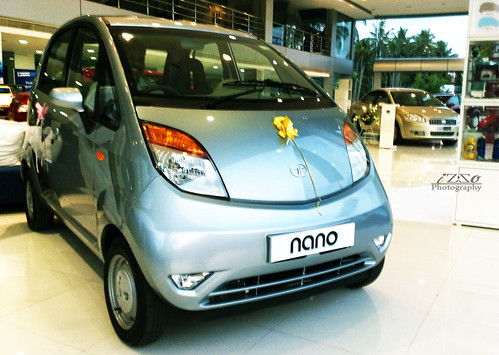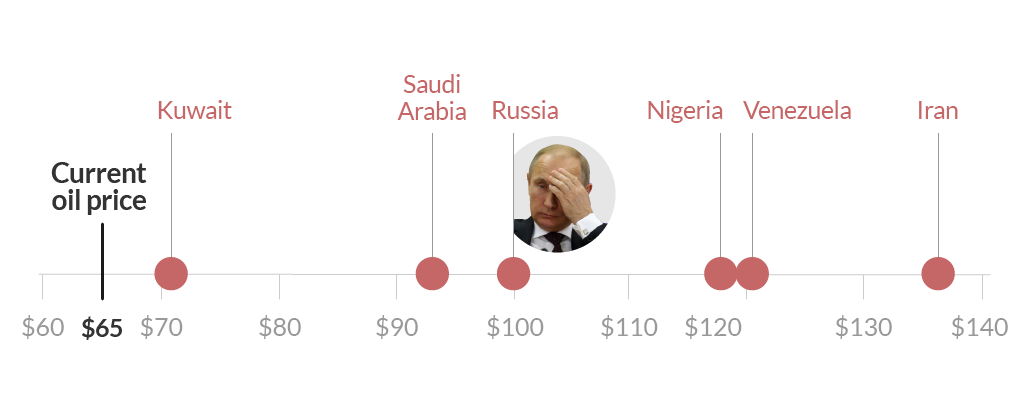(Source: Autobloggreen & The Economic Times)

Ratan Tata has stuck to his words. At the premiere for Tata Nano in the Auto Expo earlier this year, Tata Motors chairman Ratan Tata had said: “By and large we’ve always been a diesel company so we will have a diesel version that will follow this (petrol) variant soon after.” Now, after 203,000 firm orders, Indian automaker Tata found out that most buyers had opted for the more expensive variants of the Nano: only 20 percent of orders have been placed for the base model. The consequence is that Tata is experimenting with new strategies for the Nano, introducing new variants to make it even more attractive for the local market. One of the most important features will be the introduction of a new 0.8-liter diesel engine, developed by German company FEV. According to sources in the auto industry, the small diesel engine will have fuel injection systems developed by Bosch, but the rest of the platform is being developed by Tata Motors and FEV. A 3-door version hatchback Nano, an idea that was originally rejected, is also in the works. Plans for the European versions are, so far, unchanged, but will surely benefit from the diesel variant.










